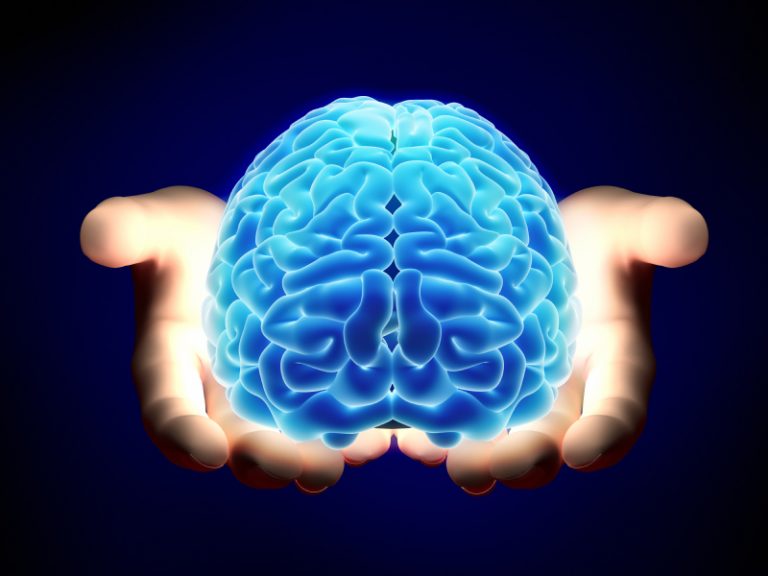
The average human has an eight-second attention span`less than that of a goldfish, according to a 2015 study from Microsoft. That number has shrunk over the years due to our digital connectedness and the fact that the brain is always seeking out what`s new and what`s next.
So what do you do when you need to focus on work`and not what`s moving around you` For most people, the first and most important step to increasing focus is to change the way you view it, says Elie Venezky, author of Hack Your Brain." Focus is a muscle, and you can build it," he says. "Too many people labour under the idea that they're just not focused, and this becomes a self-fulfilling prophesy. Once you drop this mistaken belief, you can take a much more realistic approach to building focus." Here are sixteen tricks and tips for eliminating distractions and paying attention to what you need to do:
-
Prepare Your Brain.
Before a task, calm your brain. Take a minute or two to sit in a comfortable position and breathe deeply into your stomach. You don't have to sit cross-legged or chant. Let your body calm down before you approach your work. You'll find it really helps you concentrate. -
Understand Where Your Focus Needs To Be.
Focus also involves an understanding of what is worthy of your distraction, says Ron Webb, an executive director at the American Productivity and Quality Centre, a non-profit research organization. "Success comes down to embedding that focus into the flow of how you work," he says. Webb suggests taking time to identify what deserves your focus for the year, for the month, for the week, and for the day. Then look at your calendar and block time dedicated to focus. -
Unplug For 30 Minutes.
If you need to focus, log out of email and social media. "Even if you live and die by email, do yourself a favour and log out for 30 minutes either in the beginning of the day or for a period in the afternoon," says Jan Bruce, co-author of meQuilibrium: 14 Days to Cooler, Calmer, and Happier. "You won`t believe how much you can get done when you`re not always interrupting yourself to return emails." -
Grab Some Coffee.
That morning coffee doesn`t just help you wake up; it helps you focus on the day. If you need an attention booster in the afternoon, a coffees hop run might do the trick. In a study published in the Journal of Alzheimer's Disease, French physiologist Astrid Nehlig identifies a connection between caffeine and cognition. While caffeine doesn`t improve learning or memory performance, Nehlig found it does increase physiological arousal, which makes you less apt to be distracted and better able to pay attention during a demanding task. -
Check The Thermostat.
If it`s too hot or too cool in your work environment, it could impact your focus. A study from Cornell University found that workers are most productive and make fewer errors in an environment that is somewhere between 68 and 77 degrees. Another study from the Helsinki University of Technology in Finland says the magic temperature is 71 degrees. If you don`t control the thermostat, you can opt to bring a sweater or a fan. -
Turn On Some Music.
Too much background noise can be very distracting, but according to a study from the Wake Forest School of Medicine and the University of North Carolina published in Scientific Reports, having music playing helps you focus on your own thoughts. The catch` You had to like the song. -
Take Short Breaks.
Instead of succumbing to distraction, build it in, suggests a study from the University of Illinois. Psychologist Alejandro Lleras found that participants who were given short breaks during a 50-minute task performed better than those who worked straight through. The study examines a phenomenon called "vigilance decrement," or losing focus over time. Taking a short break in the middle of a long task reenergizes the brain. -
Doodle.
If you`re sitting in on a long meeting or conference, improve your focus`and your artistic skills`by doodling. According to a study from the University of Plymouth in England, doodling aids in cognitive performance and recollection. -
Invest in your sleep.
Not sleeping enough makes people distracted, fat, and unethical, so be sure to get your rest. While everybody's needs are different, it's generally between six to nine hours. And invest in some nice sheets. -
Exercise your body.
Harvard Medical School has found that exercise improves your memory and concentration. -
Keep a routine.
If you sleep, work, and relax at irregular intervals, you'll spend unnecessary energy trying to organize your time. -
Wake up at the same time every day.
The regularity lets your hormones get into a rhythm, giving you the most energy, clarity, and focus through the morning. -
Know what your life goals are.
If you don't know what they are, read a good book on the subject ("Flow" by Mihaly Csikszentmihalyi). Because when you know what you want to do, it's easier to not do everything else. -
Find a partner in crime.
Teaming up with a co-worker will keep you accountable - if she's coding while you're checking Facebook, you'll feel foolish. -
Read physical books.
It will train you in paying attention to an object for an extended length of time - something the digital world doesn't provide very well. -
Break large projects into smaller pieces.
Instead of having vague goals, set clear deadlines. Execute against those to guide your focus.

